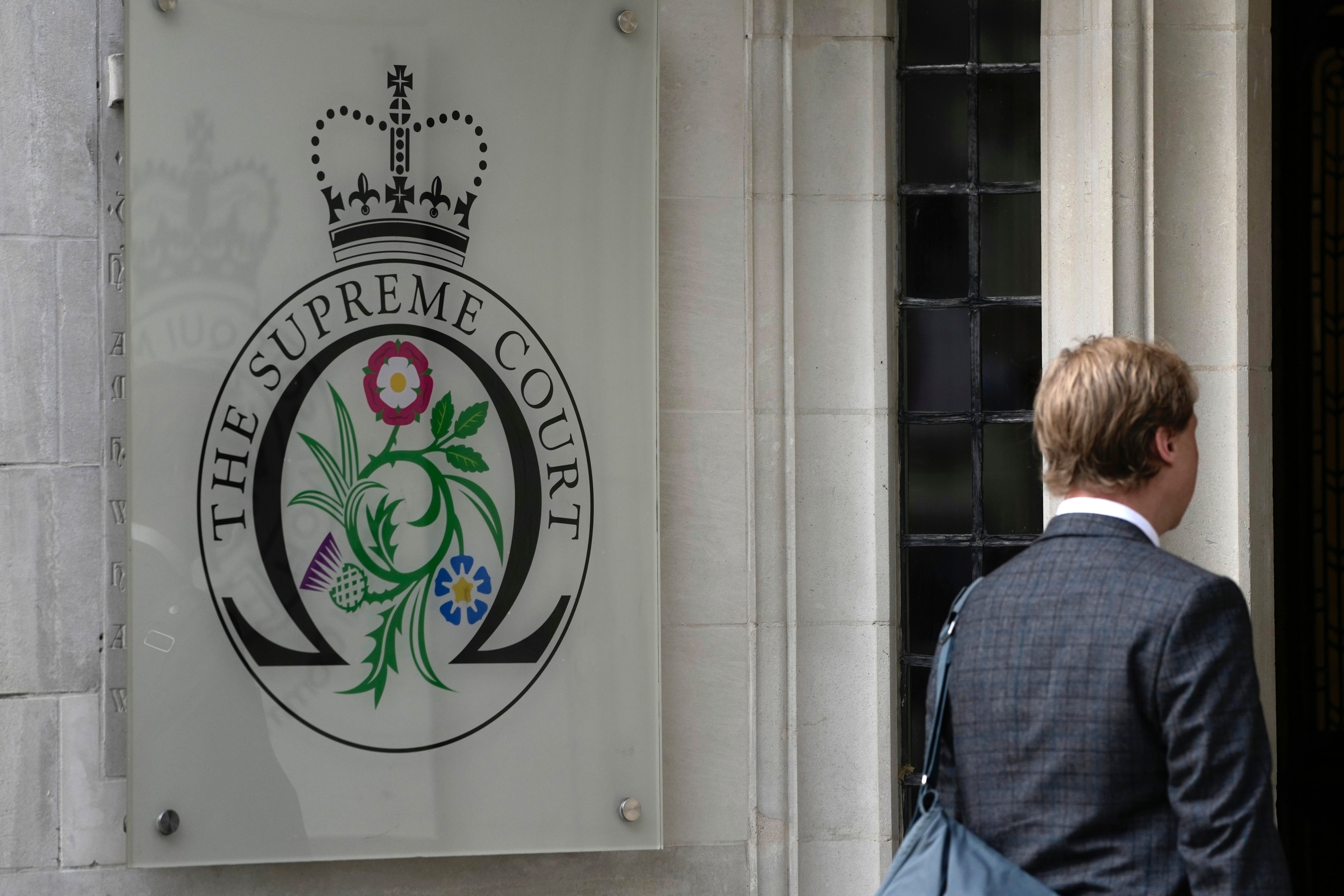AI systems can't be named as the inventor of patents, UK's top court rules
Britain’s Supreme Court ruled that an artificial intelligence system can’t be registered as the inventor of a patent, denying machines the same status as humans

Your support helps us to tell the story
From reproductive rights to climate change to Big Tech, The Independent is on the ground when the story is developing. Whether it's investigating the financials of Elon Musk's pro-Trump PAC or producing our latest documentary, 'The A Word', which shines a light on the American women fighting for reproductive rights, we know how important it is to parse out the facts from the messaging.
At such a critical moment in US history, we need reporters on the ground. Your donation allows us to keep sending journalists to speak to both sides of the story.
The Independent is trusted by Americans across the entire political spectrum. And unlike many other quality news outlets, we choose not to lock Americans out of our reporting and analysis with paywalls. We believe quality journalism should be available to everyone, paid for by those who can afford it.
Your support makes all the difference.An artificial intelligence system can't be registered as the inventor of a patent, Britain's Supreme Court ruled Wednesday in a decision that denies machines the same status as humans.
The U.K.'s highest court concluded that “an inventor must be a person” to apply for patents under the current law.
The decision was the culmination of American technologist Stephen Thaler's long-running British legal battle to get his AI, dubbed DABUS, listed as the inventor of two patents.
Thaler claims DABUS autonomously created a food and drink container and a light beacon and that he’s entitled to rights over its inventions. Tribunals in the U.S. and the European Union have rejected similar applications by Thaler.
The U.K. Intellectual Property Office rejected Thaler's application in 2019, saying it's unable to officially register DABUS as the inventor because it’s not a person. After lower courts sided with the patent office, Thaler took his appeal to the Supreme Court, where a panel of judges unanimously dismissed the case.
The judges said DABUS is “not a person, let alone a natural person and it did not devise any relevant invention.”
Legal experts said the case shows how Britain's laws haven't kept up with technology and that policies should be updated given the breathtaking recent developments made by artificial intelligence, underscored by generative AI systems like OpenAI's ChatGPT that can rapidly spew out new poems, songs and computer code.
“As AI systems continue to advance in sophistication and capability, there is no denying their ability to generate new and non-obvious products and processes with minimal, or perhaps even without any, ongoing human input,” said Nick White, a partner at law firm Charles Russell Speechlys.
"Change may be on the horizon, but it will most likely come from the policymakers, rather than the judges,” he said.